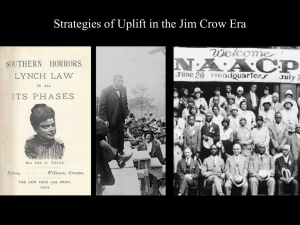Killifish in Space - SSEP | Student Spaceflight Experiments Program
advertisement
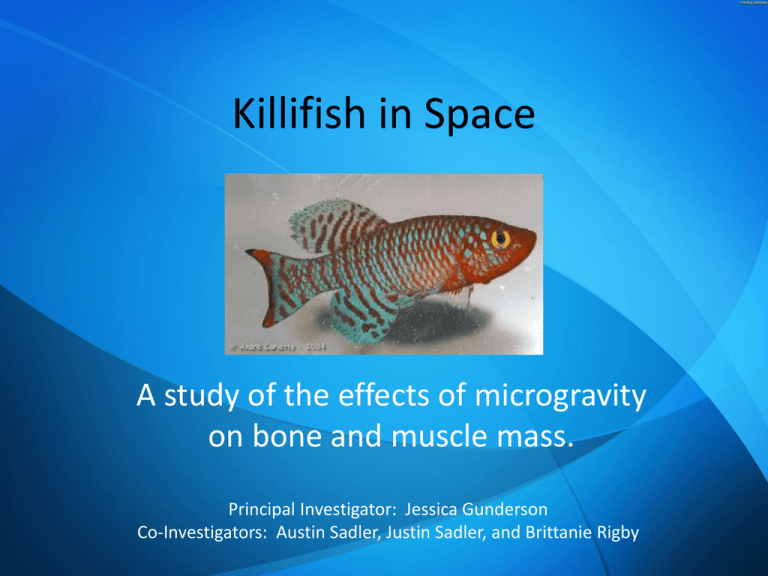
Killifish in Space A study of the effects of microgravity on bone and muscle mass. Principal Investigator: Jessica Gunderson Co-Investigators: Austin Sadler, Justin Sadler, and Brittanie Rigby Killifish • Genus Nothobranchius • What are Killifish? • Why did we choose Killifish? – …it was large enough we could tell if bones and muscles had been affected by microgravity. – …because it was small enough to fit inside the test tubes. • Diapause – Three Stages – Dormancy • Diet Hypothesis • What did we think will happen? – Negative affect on fish bone and muscle mass • What made us think this? – Gravity vs. Microgravity Materials FME 3 (Fluid Mixing Enclosure type 3) Experimental and control groups each contain: Main Volume: 6.28 mL Spring Water Ampoule A: 3 Killifish eggs in diapause 2 2 Fish Flakes Ampoule B: empty Procedure • Break Ampoule A undocking -37 days (June 28, 2012) • We requested that our experiment be kept at room temperature the entire experiment. (Before launching, during transportation to launch, during flight, on ISS, returning to launch site, and after landing.) • When sending materials back to Ida Grove after flight, an enclosed hand warmer must be activated to ensure ambient temperature for Killifish. Photos of Controlled Experiment 1 2 3 Photos of Experiment Acknowledgements • We would like to thank the following people for all their help with this project: – Mrs. Carol Sadler, teacher facilitator – Mr. Jim Christiansen, NWAEA science consultant – Dr. Eugene Hull, Diapause Foundation – Dr. Melinda Coogan, Biology Professor at BVU – Jeff Goldstein, SSEP program director – Rita Frahm, Ida County Economic Development – Many local financial sponsors
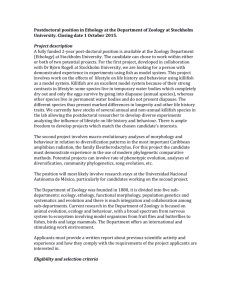

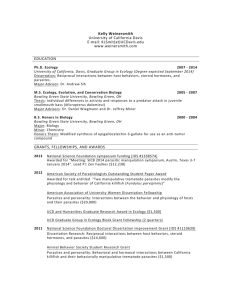
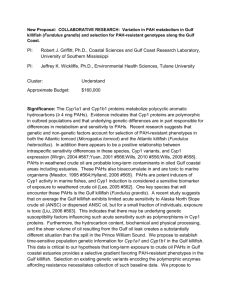
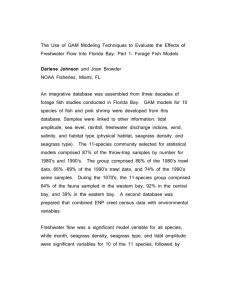

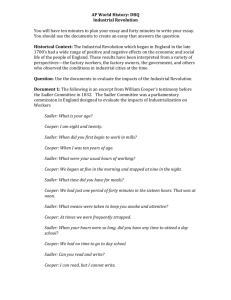

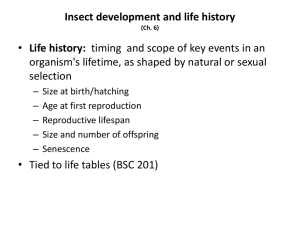
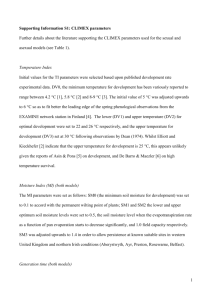
![Jefferson County, KY [Mission 5, Flight Experiment]](http://s2.studylib.net/store/data/005381659_1-6ff410f794c42188c46f63145dca8240-300x300.png)
